Tapco HomeDry Basement Waterproofing in Harrow
We are long term members of Trust Mark and a member of the BWA. CHAS accredited contractor. In addition, all of our surveyors are trained to the high standards of the PCA (Property Care Association).


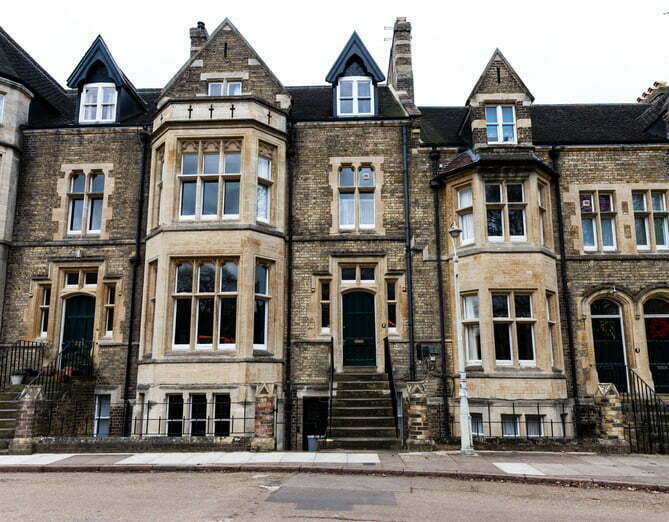
Basement Waterproofing Specialist in Harrow
Looking to increase the livable space in your home by expanding down into the basement? We recommend expert basement waterproofing to help protect your investment. For the past 50 years, Tapco Homedry has been supporting homeowners to uncover more space in their homes by expanding down into basements. The first step in a quality basement conversion of effective and long-lasting waterproofing of the space.
We are the experts in basement waterproofing. Harrow residents trust our team to provide expert advice and support when turning unused basement space into functional living space. Convert your basement with confidence and avoid the risk of damp and mildew damaging your furnishings and possessions with professional basement waterproofing.
Basement waterproofing in Harrow
As the local experts in basement waterproofing, we’ve assisted many Harrow residents with their basement conversions. We use the latest techniques and materials to insulate and damp proof your property so you can enjoy a dry and comfortable space. Even if you’re only converting your basement space for storage, waterproofing the area is essential to protect your items from mould and mildew.
A basement is a perfect space for a second living space, or you could create a guest bedroom, a home gym, an office or even a cinema space. Whatever your plans for your basement space, Tapco Homedry can help to make them a reality. Get in touch today to learn more about basement waterproofing in Harrow.
Popular waterproofing systems
Many people are familiar with the process of damp proofing a home using methods such as a damp proof course. This chemical treatment helps to prevent rising damp infiltrating a property, but it will not help in the case of basement damp. This is because basement walls are below ground level and are subject to hydrostatic pressure. This forces water through the walls of your basement and allows it to pool at the lowest point.
The only way to prevent this is with impermeable membranes. These can be installed outside during the construction process, or inside once a building has been built. Without this essential treatment, your home will be at risk of water ingress which can lead to damp, mould and mildew.
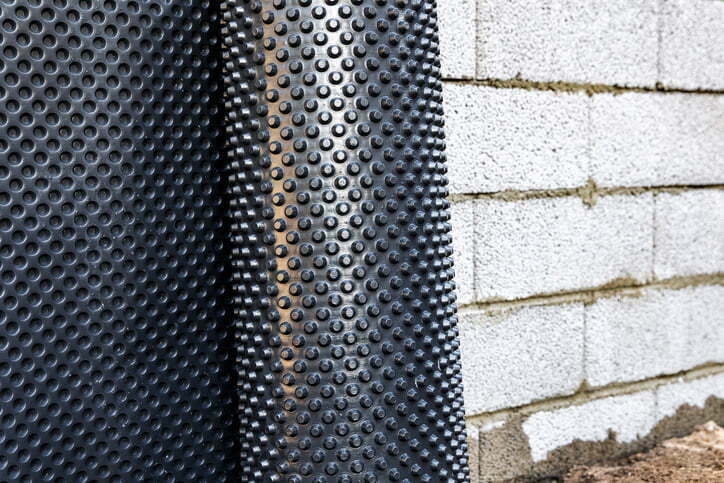
What happens if you don’t waterproof your basement?
If you go ahead with a basement conversion without first waterproofing your basement, you run the risk of losing your investment. Your property will be at risk of moisture ingress, and this could be seasonal, so you might not notice it straight away.
Is it better to waterproof a basement from inside or outside?
It’s better to waterproof from the outside if you can achieve this during the construction process, but after construction, internal waterproofing is better. This is because you won’t have to dig into the foundations of the house, you can simply waterproof the structure from the inside. This is more cost-effective and efficient.
Why do people waterproof a basement?
The most popular reason to waterproof a basement is so it can be converted into a functional living space. This will allow you to decorate and install new flooring with confidence that your investment won’t be damaged by water. Waterproofing your basement is also a good idea if you are suffering from damp or mildew in the space. Damp smells can spread throughout the home and make it unpleasant to live in. And finally, you might choose to waterproof the basement if you want to use it for storage space.
How do you waterproof a damp basement?
The process for waterproofing an existing property will be different to waterproofing a new-build during the construction process. We start by identifying any gaps or cracks that could allow water to enter and cover these, Next, we block moisture from entering by creating an impermeable membrane using a cementitious structural waterproofing slurry. This coats the walls and floors to protect the structure from hydrostatic pressure.
Another popular method is to apply high-density, polyethylene studded membranes to the walls and floors. This method will allow water to drain through channels and then be directed to a pump station where it will be pumped above ground and out of the home. If your basement regularly floods, this would be an effective method to make the space liveable and to protect it from water.


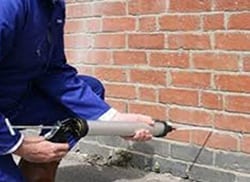 Damp Proofing
Damp Proofing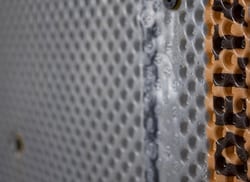 Basement Damp Proofing
Basement Damp Proofing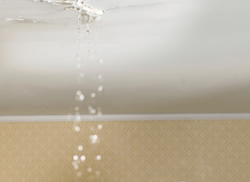 Water Damage
Water Damage Condensation Control
Condensation Control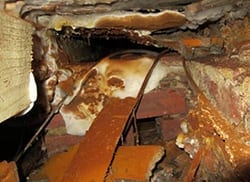 Dry Rot Treatment
Dry Rot Treatment WOODWORM & WET ROT
WOODWORM & WET ROT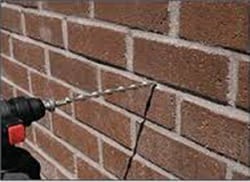 CAVITY Wall Ties
CAVITY Wall Ties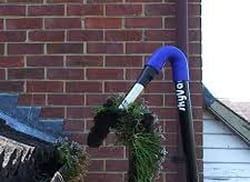 Property Maintenance
Property Maintenance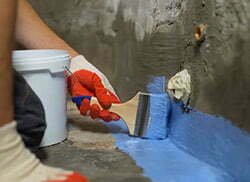 Waterproofing And Tanking
Waterproofing And Tanking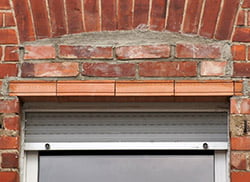 Structural Repairs
Structural Repairs
